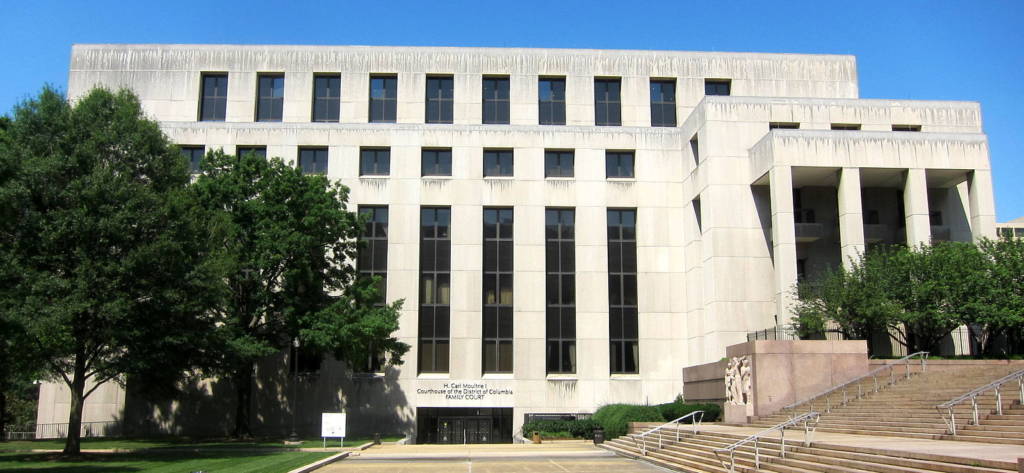The D.C. Superior Court ruled in October that Belmont Crossing Apartments in Southeast D.C. and the affiliated Oakland Management Group committed housing discrimination by barring tenants who use “rapid re-housing subsidies” from renting at the property.
These government subsidies provide temporary financial aid to families living on the street or in emergency shelters and “have been one of the centerpieces of the District’s attempts to address its homelessness crisis in the last several years,” according to a press release from the Equal Rights Center, the plaintiff in the case.
The District’s rapid re-housing program covers the full cost of a security deposit and first month’s rent as well as subsidizes up to two-thirds of a recipient’s monthly rent for a limited amount of time.
D.C. Superior Court Judge John Campbell mandated that these temporary subsidies must be treated as a source of income for paying rent. Source-of-income is one of 20 protected traits under the D.C. Human Rights Act. The D.C. Office of Human Rights has made similar determinations about short-term subsidies in its administrative hearings and the D.C. Superior Court has made similar rulings about source-of-income discrimination to protect recipients of permanent housing vouchers. But this is the first judicial precedent to protect recipients of temporary subsidies.
“Housing discrimination has devastating consequences at any time, and it can actually be the deciding factor determining whether someone is able to escape homelessness or not,” Melvina Ford, executive director of the ERC, said in a statement. “We hope that this ruling will send a clear message that discrimination against people who need to use temporary subsidies at such a vulnerable moment will not be tolerated in the District.”








